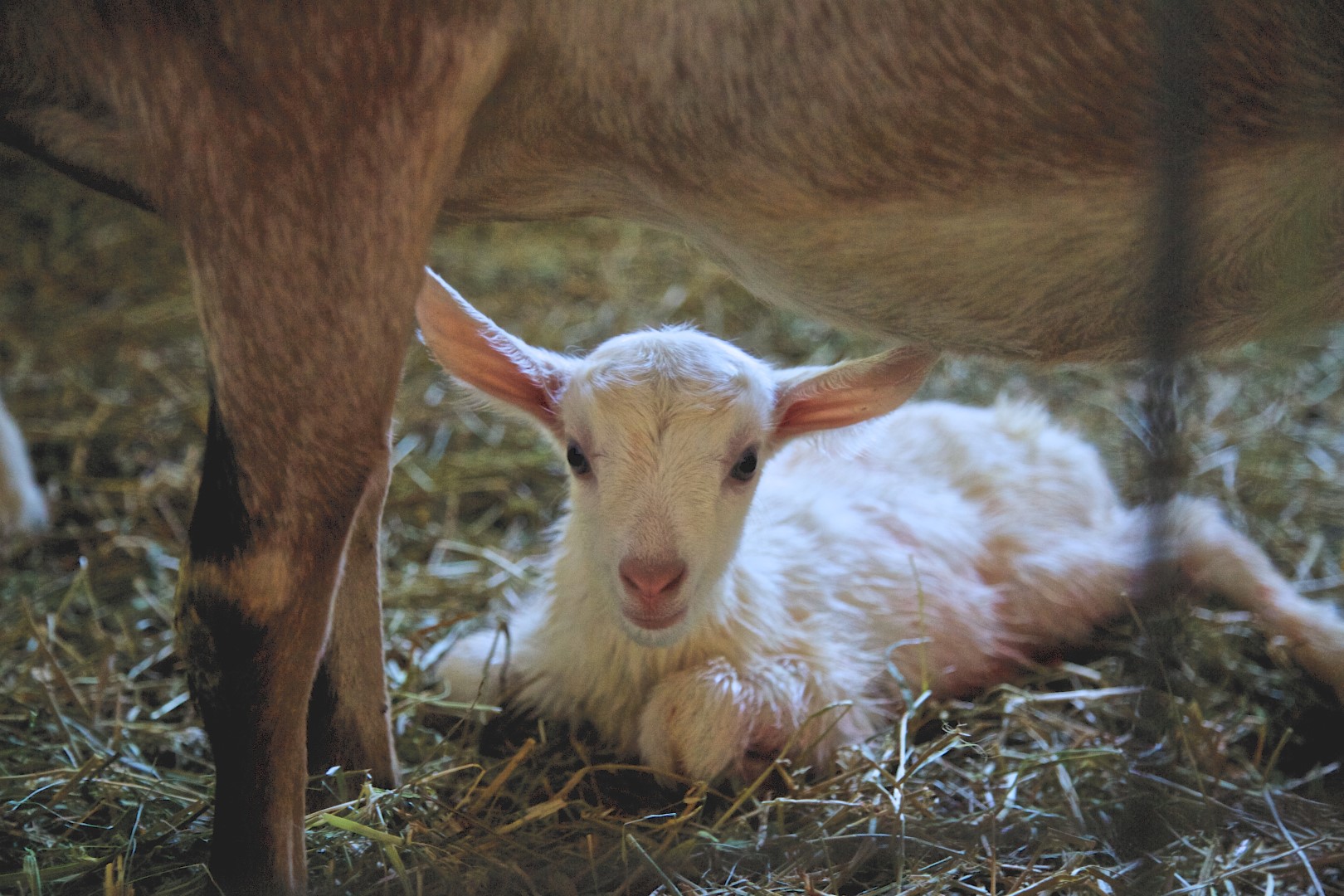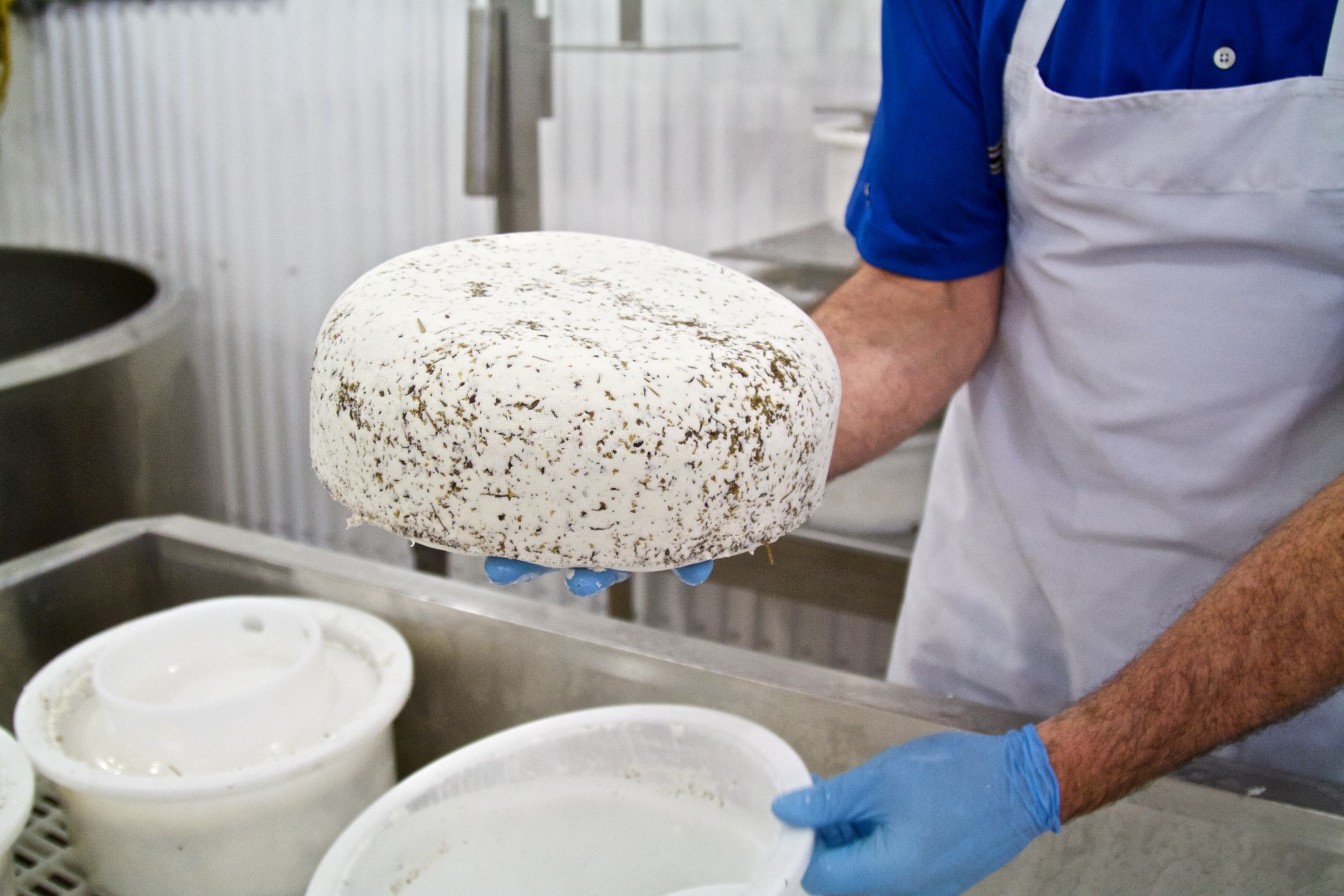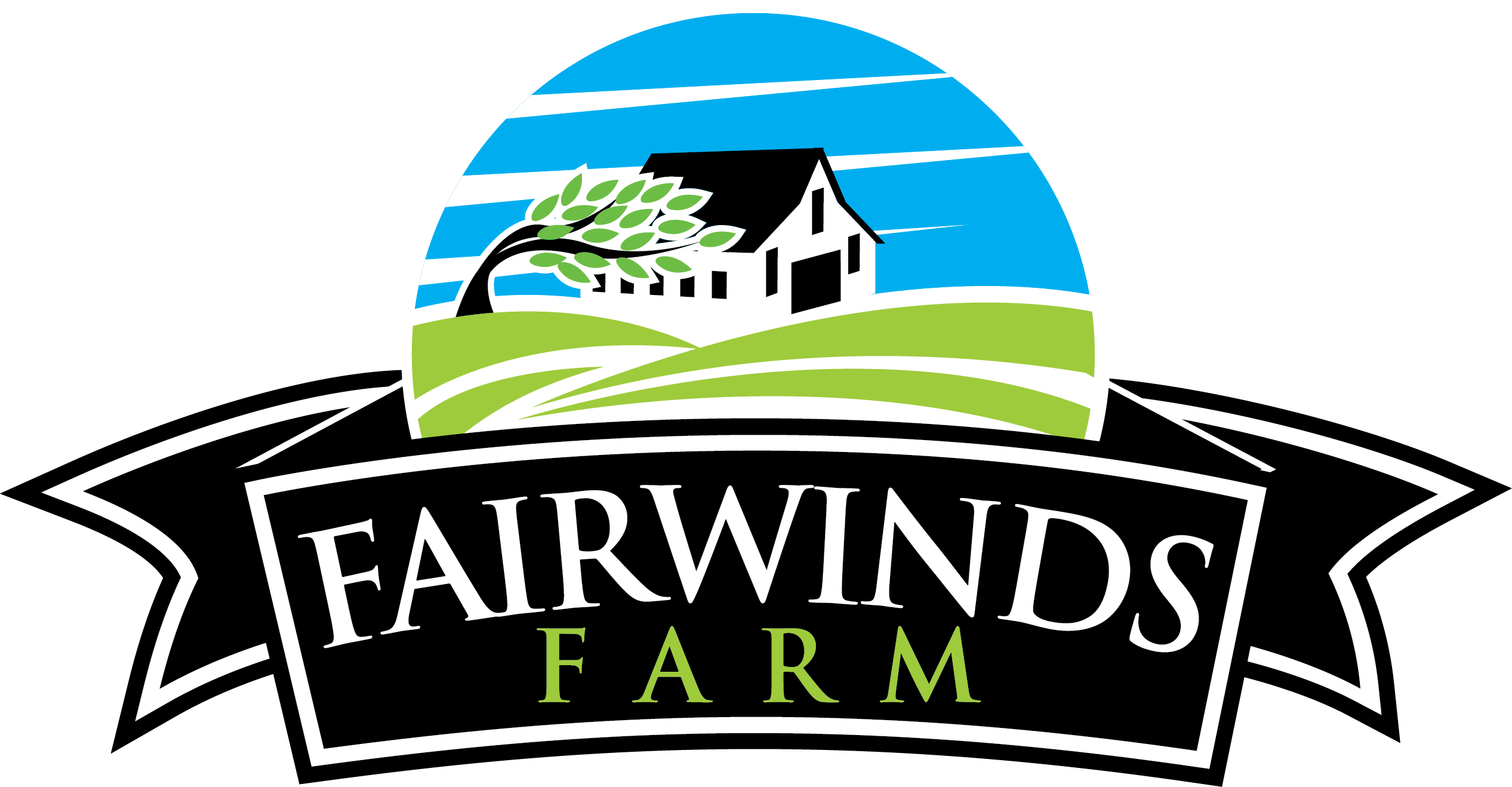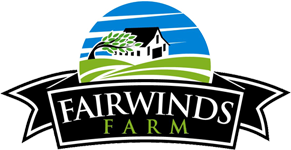Farm Practices
We strive to bring quality products to you the consumer using good, clean and fair practices towards people, animals and the environment.
The Structure
Currently, the goats are being milked by another family in the Picture Butte area. They are being cared for and treated as they were before the transition. The goats have access to outdoor pasture in the summer, and a warm heated barn on the winter. The entire operation is a family business, from feeding to kidding to milking.
The production side has been located in Brooks, AB since 2020, where the Hermus family resides. The new 40×60 building contains everything needed to make the product. The milk is shipped from the goats to the processing plant twice every week in order to ensure a fresh and quality product. It is then freshly prepared so it can be sold that week through our various retailers and farmers market.

Local
According to the official Canadian Food Inspection Agency (CFIA) website, the definition of “local” is
– food produced in the province or territory in which it is sold, or
– food sold across provincial borders within 50 km of the originating province or territory.
We are very proud to have the label of local on all of our products at Fairwinds Farm. This means supporting a small business, that is based right in your own backyard. This ensures the freshness of the product, as there is less transportation time from the farm right to the dinner plate.
We, as a company, also try and support as many other local businesses as possible. Our saskatoon berries come from Lethbridge, the containers from St. Albert, and labels from Calgary just to name a few. If we can’t source it in Alberta, we strive to stick with Canadian made products.
Vat Pasteurization
According to Alberta Milk and other government agencies, the sale of raw milk is prohibited in Canada. Therefore the milk MUST go through pasteurization in order to be sold.
This process was invented in 1862 by Louis Pasteur in order to kill any potential e-coli, bacteria or other moulds that may be present in the milk. There are various forms of pasteurization, which range from LTLT (Low Temperature Long Time/Vat Pasteurization to HTST (High Temperature Short Time).
Although there are pros and cons of either method, we believe Vat Pasteurization is the right form for us. This uses a lower temperature but at a longer period of time. This does not affect the shelf life of the milk, or the true nutritional value. However, it retains some of the important enzymes the high heat may kill.

Processing Our Products
The goats are milked twice a day, once in the early morning, and then again in the evening about 12 hours apart. The milk we use, is shipped from the farm to the processing plant every Tuesday and Saturday afternoon. This ensures a fresh base product to use for that week.
Generally, the milk is turned into yoghurt on Sundays by pasteurizing and then adding starch and cultures. Then packed up on Mondays. Milk is bottled up on Mondays as well. Cheese and Chevre is made as needed the rest of the week. We spend Tuesdays mornings finishing up production, packing up orders and delivering to Lethbridge in the afternoon. Thursday is the big delivery day to Okotoks and Calgary.
On Tuesday’s and Saturday’s we also make fresh deliveries of product to Galimax Trading Inc. located in Nobleford, Alberta. They deliver to various restaurants, and stores throughout Alberta.
While this makes for busy weeks, we strive to make our product as fresh as possible, while maintaining a high quality of product.

